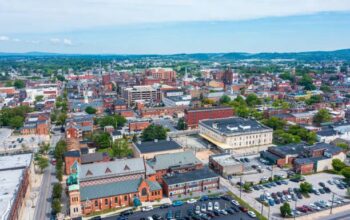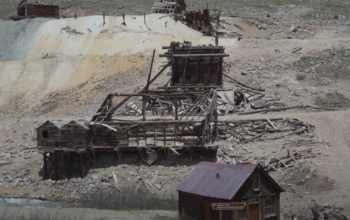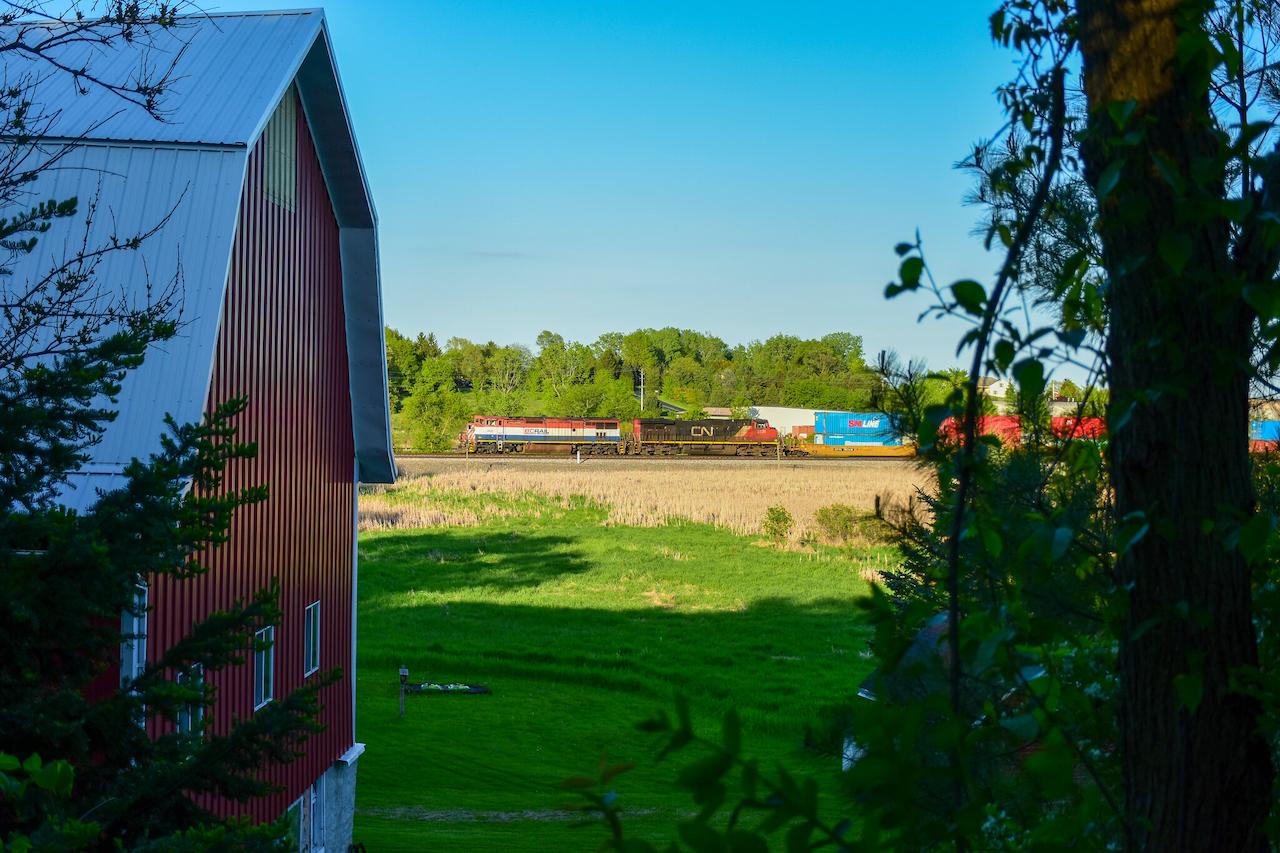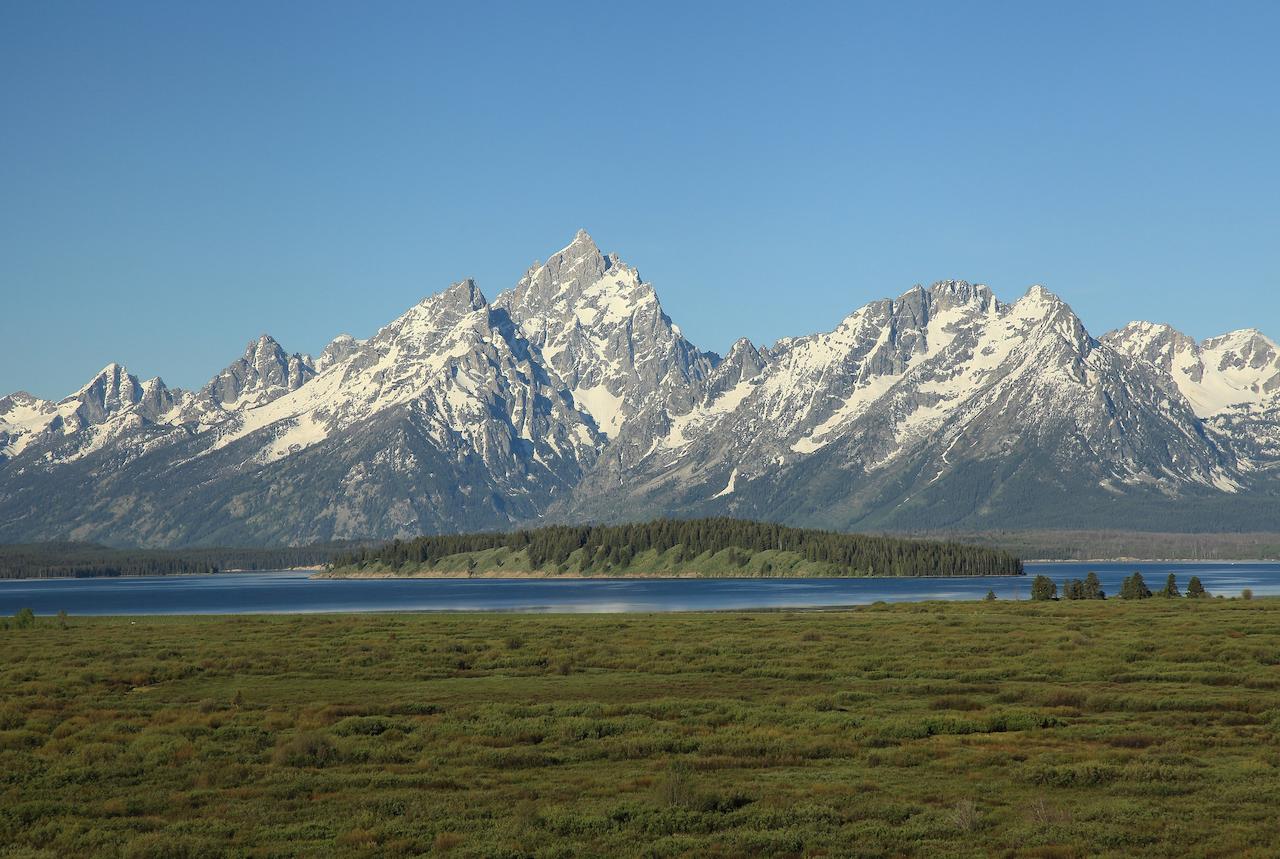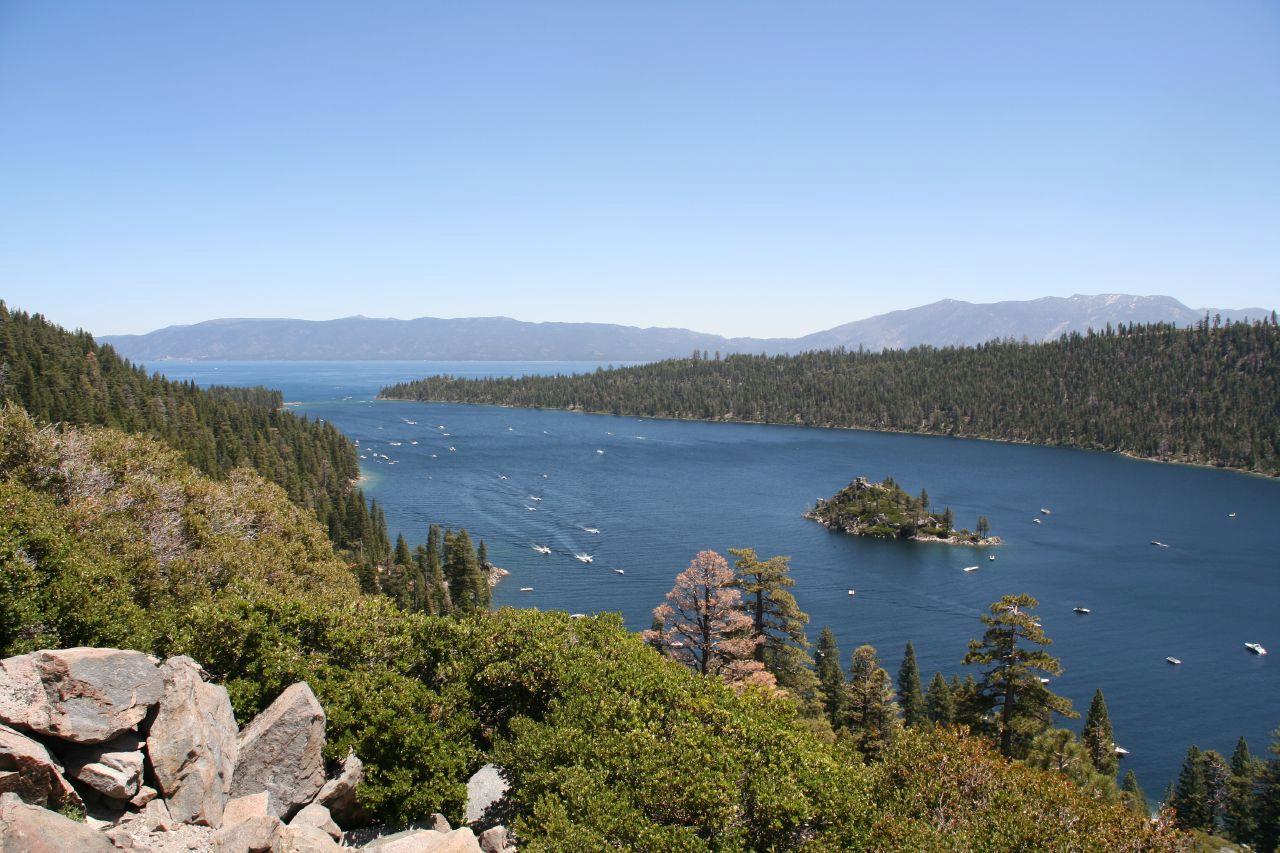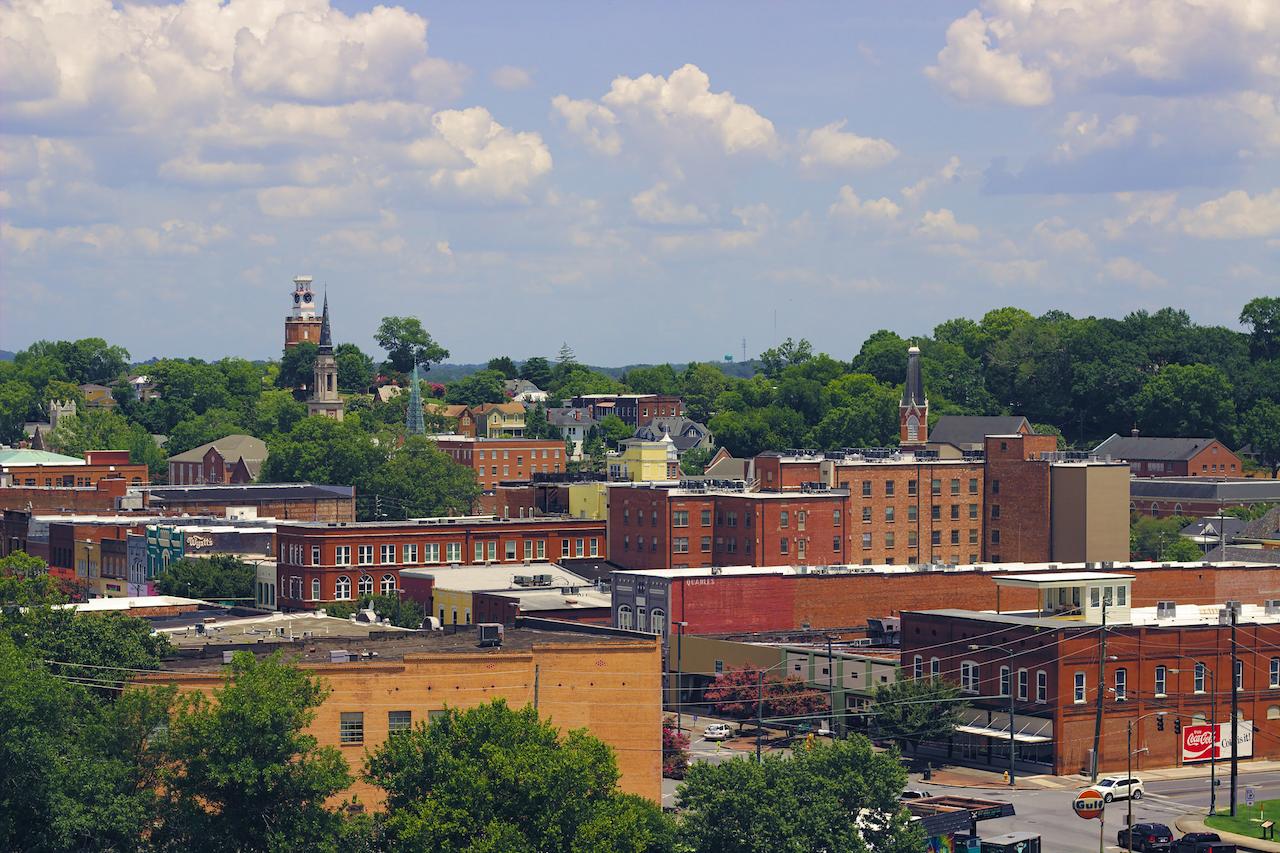In the tapestry of rural landscapes and close-knit neighborhoods, small towns stand as quintessential embodiments of community spirit and shared aspirations. At the heart of these idyllic settings, mayors play a pivotal role that often goes beyond the confines of their official title. While their counterparts in larger cities might command headlines and dominate discussions, the significance of a mayor’s duties in a small town is no less profound. In this exploration, we delve into the multifaceted responsibilities and integral contributions that a mayor undertakes within the intimate of a close community. From fostering unity to championing progress, a mayor’s role in a small town weaves together the threads of tradition and innovation, enriching the lives of residents in ways that resonate far beyond the municipal boundaries. Join us as we uncover the layers of this often-underappreciated position, shedding light on the remarkable impact that a mayor can have in shaping the destiny of a small town.
Comprehensive Guide to the Role of a Mayor in Small Towns
The role of a mayor, especially in a quaint town setting, is multifaceted and shaped by the unique characteristics and needs of the community. Though small towns might have fewer resources and a more intimate population size than urban cities, the mayor’s role remains pivotal in navigating the town’s progress, maintaining harmony, and enhancing residents’ quality of life. Here’s an in-depth examination of the diverse responsibilities a mayor in such towns may shoulder:
- Leadership and Strategic Planning: Being the town’s leader, the mayor’s pivotal role encompasses charting its future. From formulating the vision and setting forth strategies to guiding town staff and departments, the mayor’s insights and decisions mold the community’s future trajectory;
- Municipal Budgeting and Financial Oversight: The town’s financial health is under the mayor’s watchful eye. Collaborating with council members and fiscal officers, the mayor ensures funds are judiciously allocated to initiatives, programs, and vital services that benefit the populace;
- Community Ambassadorship: As the town’s representative, the mayor is the face of the community. Their representation spans town council deliberations, public gatherings, and liaisons with external governmental entities. Furthermore, they often shoulder the responsibility of communicating with media outlets, ensuring transparency and information dissemination;
- Town Council Collaboration: In towns boasting a council or board, the mayor is the linchpin fostering collaboration. By ensuring that elected officials are aligned, they facilitate the smooth passage of policies, by-laws, and town mandates;
- Championing Economic Growth: Vigorous towns are economically vibrant. Mayors, in this regard, lead the charge in enticing businesses, bolstering local entrepreneurship, and pinpointing avenues for employment generation;
- Infrastructure and Public Service Management: The physical and functional fabric of the town, be it roads, recreational areas, civic structures, or utilities, fall within the mayor’s purview. Collaborating with pertinent departments, they guarantee residents receive necessary amenities and services;
- Ensuring Public Safety: The safety net of the town is often orchestrated by the mayor. From liaising with police units and fire brigades to formulating contingency plans for emergencies, the mayor’s guidance ensures residents’ security and well-being;
- Fostering Community Kinship: For a mayor, connection is key. Being present at communal events, lending an ear to constituents’ issues, and proactively sourcing feedback ensures that residents feel valued and included;
- Advocacy and Inter-town Diplomacy: Mayors often play the diplomat, voicing the town’s aspirations and challenges at wider governmental forums. By nurturing ties with peers and neighboring regions, they can harness external support and resources for their town’s advancement;
- Crisis Leadership: When adversity strikes, be it a natural calamity or a health scare, the mayor’s leadership is pivotal. Their ability to marshal resources, streamline response mechanisms, and reassure the community becomes paramount;
- Tourism and Town Branding: For tourism-centric towns, the mayor is often the chief promoter. They’re instrumental in spotlighting local allure, curating events, and forging synergies with enterprises to elevate tourism;
- Spearheading Green Movements: Embracing sustainability, the enlightened mayor champions eco-friendly endeavors. This can range from advocating for recycling drives, backing renewable energy transitions, to fostering nature conservation endeavors.
However, it’s imperative to acknowledge that a mayor’s responsibilities can be fluid, governed by the town’s unique attributes, the governmental framework, and the mayor’s distinct capabilities and vision. Given the modest infrastructure in many small towns, mayors often adopt a more direct and engaged role in diverse facets of town stewardship.
Requirements and Criteria for Becoming a Mayor in Small Towns
The prerequisites for assuming the role of mayor in a petite township can exhibit significant divergence contingent on the nation, state, or administrative region under consideration. The distinct jurisdiction at hand may establish its own particular criteria or course of action for the election or designation of mayors. Notwithstanding, certain shared, universal prerequisites can be identified across a multitude of administrative regions:
- Age Prerequisite: Across numerous jurisdictions, there subsists a mandatory age threshold for individuals vying for elected positions. Frequently, aspirants must attain a minimum age of 18, although specific age requisites may skew higher in select localities;
- Residential Qualification: Customarily, a prospective mayoral contender must possess residency within the precise township or city they aspire to govern. The obligatory duration of residency differs—certain localities might merely necessitate the aspirant to be a resident at the time of the electoral process, while others could stipulate a multi-year residency prerequisite preceding the election;
- National Allegiance: In a plethora of locales, candidates are expected to hold citizenship in the very country where the town is situated;
- Enfranchisement: A contender often must wield the status of a registered voter in the administrative region where they are seeking office;
- Unblemished Criminal Record: Specific administrative regions disallow individuals with particular criminal records from pursuing candidacy or occupying public offices. The precise intricacies of these prohibitions are distinctly variable;
- Endorsement Petition: Depending upon the electoral modality, aspirants may be obliged to amass a designated quantity of signatures from denizens as a means to qualify for inclusion on the ballot;
- Cognitive Aptitude: In certain legal jurisdictions, constraints might be established against individuals officially declared as mentally incapacitated, precluding their assumption of office;
- Absence of Conflicting Interests: A multitude of administrative territories implement regulations inhibiting the occupation of the mayoral post in instances where significant vested interests are present, such as financial stakes in enterprises conducting transactions with the town;
- Financial Stipulations: Certain administrative regions might mandate that mayoral aspirants remit a filing or nomination fee;
- Electoral Contest: Naturally, within the majority of democratic frameworks, triumph in the election hinges upon garnering the highest count of votes, unless the position is attained through appointment;
- Tenure Boundaries: Several townships or cities might impose restrictions on the number of successive terms a mayor is eligible to serve;
- Educational or Experiential Prerequisites: While relatively infrequent, select administrative regions could necessitate the mayor to possess specific educational credentials or specialized expertise within the governmental sphere or another pertinent domain.
Conclusion
In conclusion, the role of a mayor in a small town is an essential and multifaceted responsibility that extends far beyond its seemingly modest scope. While often overlooked in comparison to higher levels of government, mayors in small towns play a pivotal role in shaping the very fabric of their communities. From providing leadership and direction to fostering local economic growth, advocating for infrastructure development, and addressing the unique needs of their constituents, mayors wear many hats to ensure the prosperity and well-being of their towns.

